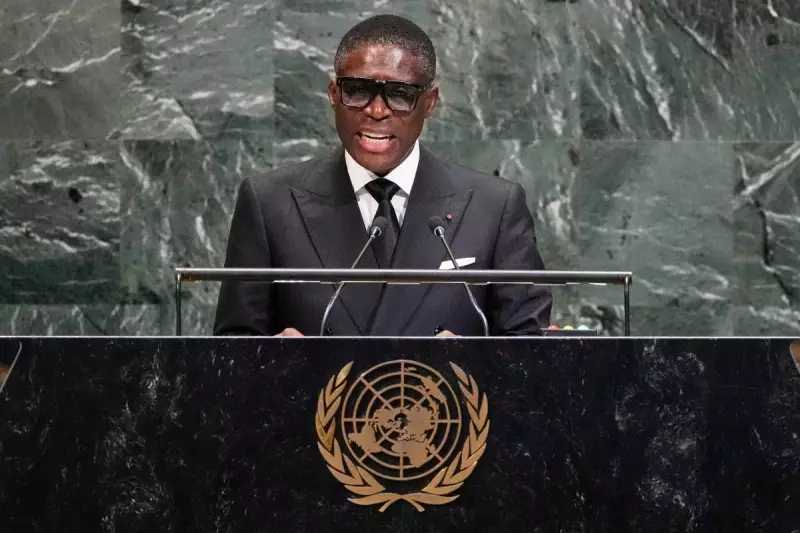
In a move that has stirred both political and diplomatic circles, former US President Donald Trump has hosted Equatorial Guinea's controversial leader, President Teodoro Obiang Nguema Mbasogo, at his Florida resort. The meeting, which took place behind the closed doors of Trump's Mar-a-Lago estate, represents a significant diplomatic engagement for the former president.
A Controversial Gathering
The encounter between Trump and Obiang, who has ruled the small West African nation for over four decades, comes at a time when the former US president faces multiple legal challenges. This high-profile meeting underscores Trump's continued involvement in international affairs despite no longer holding office.
President Obiang's regime has long been criticised by human rights organisations and Western governments for its record on democracy and human rights. His arrival in the United States, where he's expected to meet other officials, has already drawn scrutiny from advocacy groups.
Diplomatic Implications
The Mar-a-Lago meeting occurs against a complex geopolitical backdrop. While Trump hosted the African leader, current President Joe Biden's administration was preparing to welcome Brazilian President Luiz Inácio Lula da Silva to the White House - highlighting the parallel diplomatic channels operating in American politics.
This unusual situation sees two competing centres of political influence engaging with international leaders simultaneously, creating a unique dynamic in US foreign relations.
Human Rights Concerns
Equatorial Guinea, despite its significant oil wealth, remains one of the world's most unequal societies. Under Obiang's 43-year rule, the country has faced persistent allegations of corruption, human rights abuses, and suppression of political opposition.
Human Rights Watch and other monitoring organisations have repeatedly documented arbitrary detentions, torture, and enforced disappearances in the oil-rich nation, making Trump's hospitality toward its leader particularly contentious.
The Legal Context
Trump's diplomatic activities unfold as he navigates numerous legal challenges, including criminal cases in both New York and Washington. His ability to continue engaging with foreign leaders while facing these proceedings raises questions about the boundaries of political influence after leaving office.
The meeting also highlights the ongoing use of Trump's private properties as venues for diplomatic engagements, a practice that began during his presidency and has continued since his departure from the White House.





